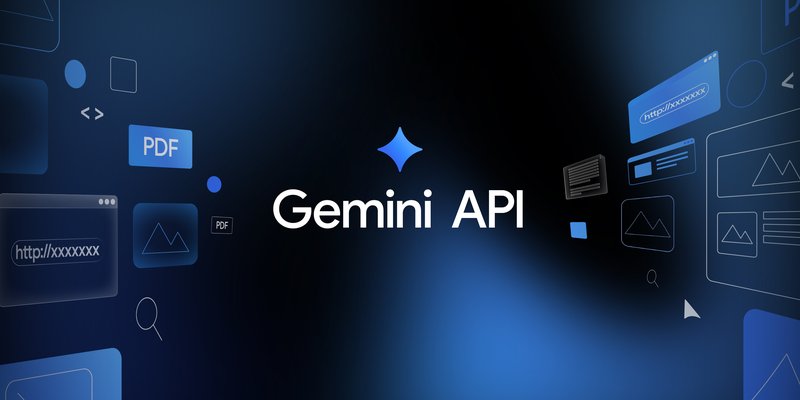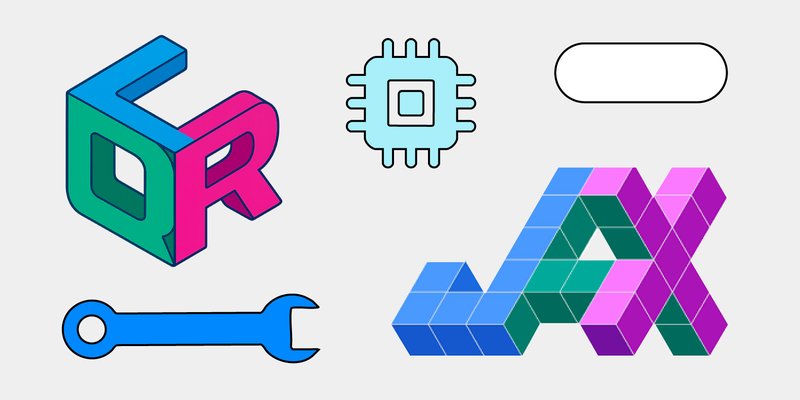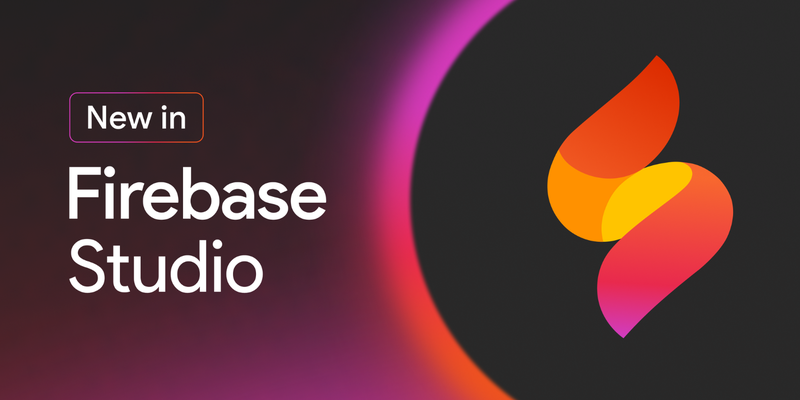72 results
AUG. 21, 2025 / Gemini
Gemini Code Assist's Agent Mode, now available in VS Code (Preview) and IntelliJ (Stable), streamlines complex coding tasks by proposing detailed plans for user review and approval. This intelligent, collaborative approach, enhanced with features like inline diffs and persistent chat history, aims to boost developer productivity and efficiency.

AUG. 18, 2025 / Gemini
The Gemini API's URL Context tool is now generally available, allowing developers to ground prompts using web content instead of manual uploads. This release expands support to PDFs and images.

AUG. 12, 2025 / Google Labs
Jules' critic functionality addresses potential issues like subtle bugs and missed edge cases in AI-generated code by acting as a peer reviewer within the generation process. This "critic-augmented generation" means proposed code changes undergo adversarial review, allowing Jules to improve its output and ultimately deliver higher-quality, pre-reviewed code.

JULY 30, 2025 / Gemini
The Gemini Embedding model enhances AI applications, particularly through context engineering, which is being successfully adopted by various organizations across industries to power context-aware systems, leading to significant improvements in performance, accuracy, and efficiency.

JULY 29, 2025 / AI
Max's journey introduces LQRax, a JAX-native LQR solver, which exemplifies the growing JAX robotics ecosystem that includes tools like Brax, MJX, and JaxSim, highlighting the benefits of JAX for computational efficiency in optimal control and simulation, and for seamlessly integrating model-based and learning-based approaches.

JULY 23, 2025 / Firebase
New AI capabilities for popular frameworks in Firebase Studio include AI-optimized templates, streamlined integration with Firebase backend services, and the ability to fork workspaces for experimentation and collaboration, making AI-assisted app development more intuitive and faster for developers worldwide.

JULY 22, 2025 / Gemini
Gemini 2.5 Flash-Lite, previously in preview, is now stable and generally available. This cost-efficient model is ~1.5x faster than 2.0 Flash-Lite and 2.0 Flash, offers high quality, and includes 2.5 family features like a 1 million-token context window and multimodality.

JULY 16, 2025 / Gemini
The updated Agent Development Kit (ADK) simplifies and accelerates the process of building AI agents by providing the CLI with a deep, cost-effective understanding of the ADK framework, allowing developers to quickly ideate, generate, test, and improve functional agents through conversational prompts, eliminating friction and keeping them in a productive "flow" state.

JULY 10, 2025 / Cloud
Updates in Firebase Studio include new Agent modes, foundational support for the Model Context Protocol (MCP), and Gemini CLI integration, all designed to redefine AI-assisted development allow developers to create full-stack applications from a single prompt and integrate powerful AI capabilities directly into their workflow.

JULY 10, 2025 / Gemini
GenAI Processors is a new open-source Python library from Google DeepMind designed to simplify the development of AI applications, especially those handling multimodal input and requiring real-time responsiveness, by providing a consistent "Processor" interface for all steps from input handling to model calls and output processing, for seamless chaining and concurrent execution.
